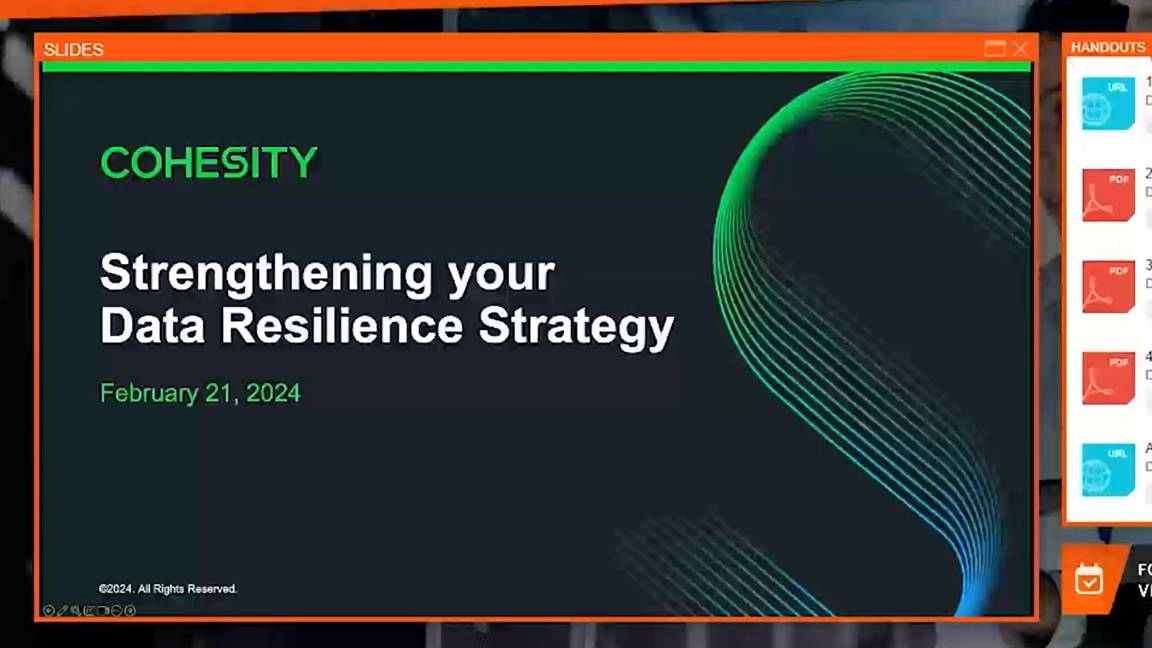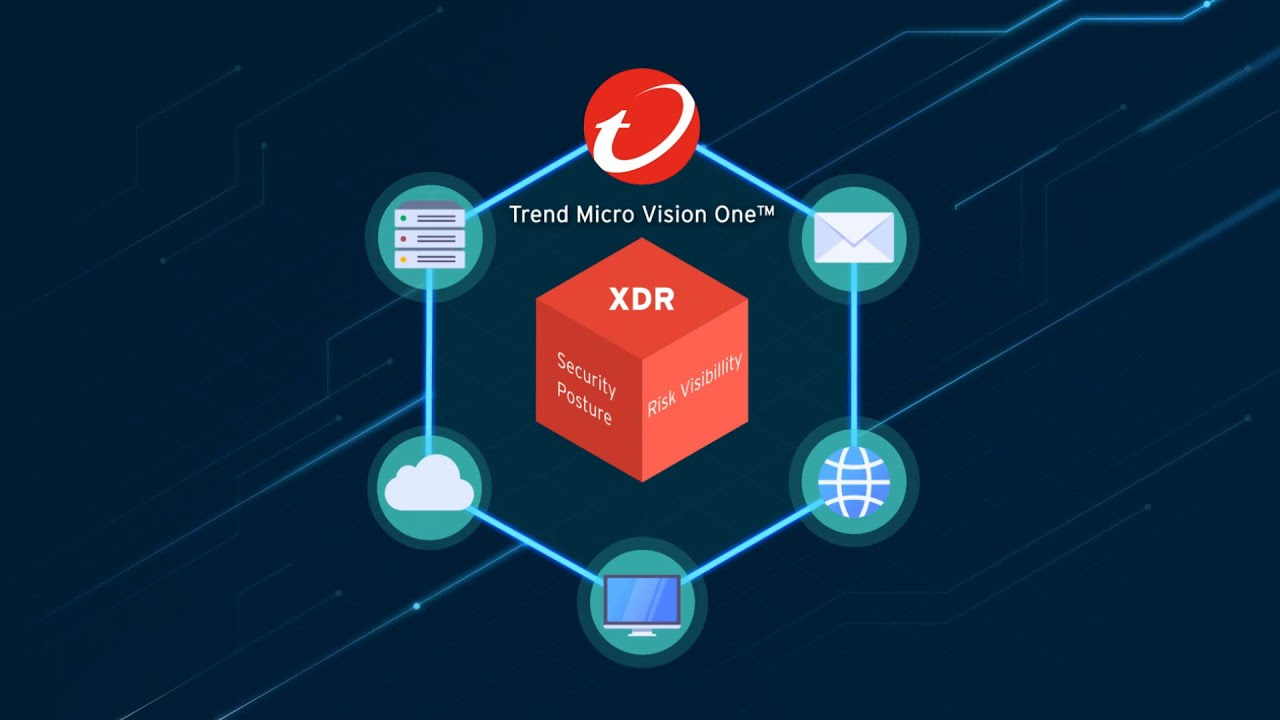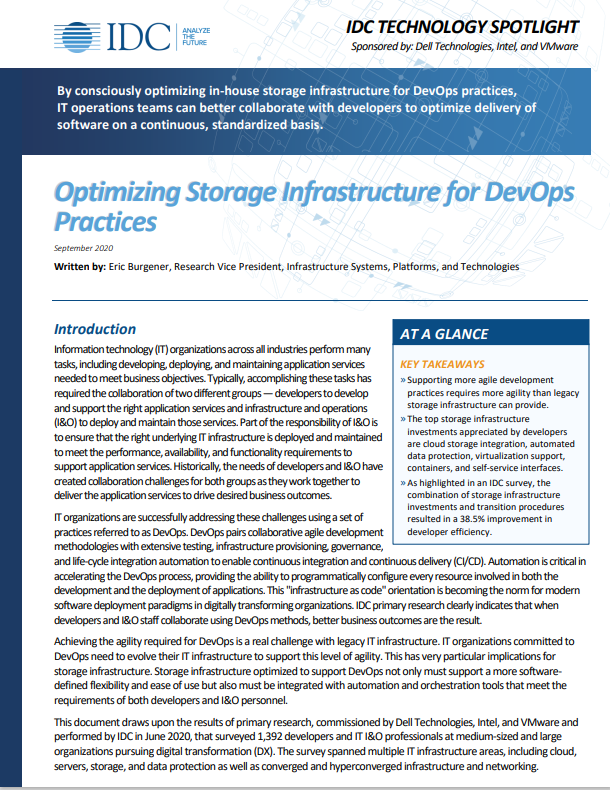What IT security lessons can teenagers teach the enterprise?
Davey Winder looks a little closer to home to see how the enterprise can learn from his teenage son's approach to security...


I've been involved in IT security for twenty years now, and you'd think - as a result - my teenage son would be mindful of such matters. But you couldn't be more wrong.
My lad has absolutely no security smarts, despite my efforts, and his mistakes are all too often mirrored in the corporate world. The consequences, however, are a tad more serious than someone posting embarrassing messages on Facebook. Let me explain.
Data sharing is the main problem I have with my teen. He signs into his social media accounts on someone else's device, and forgets to logout when he passes it back.
He thinks nothing of leaving the family laptop running for 15 minutes or more while his social media accounts remaing logged in.
Unsurprisingly, this has resulted in his mates, his girlfriend and me posting stupid things under his name using his account. Worse still, he also uses the same password for his social media, laptop, and his Xbox account.
In this, he's not alone. New consumer-focused research from Kaspersky Lab suggests 32 per cent of people take absolutely no precautions when letting others use their devices and 92 per cent store sensitive information on them.
Those numbers also sound about right for the business sector. At the smaller end of the enterprise scale, device sharing is pretty common and adequate security measures are not. As you move up the curve towards larger enterprises, things improve as far as device security goes, but the sensitive data issue remains.
Sign up today and you will receive a free copy of our Future Focus 2025 report - the leading guidance on AI, cybersecurity and other IT challenges as per 700+ senior executives
It's all tied into the whole Bring Your Own Device (BYOD) problem, of course, and how to control what data is allowed where, who can access it and when.
Although the BYOD has been done to death, there remains a problem whereby shadow IT exists within the enterprise and a data-centric approach to security is not in place to help mitigate the threat.
How does this tie into my teenage son's device misuse? Well, unless you get to grips with securing data itself, then users of devices will remain the weak link in your strategic security chain.
You cannot control who uses a personal device once it is out of the workplace, and you cannot control what users do with it.
If you don't get serious about data security, rather than device security, you are heading for a fall. My son, on the other hand, is a lost cause. Luckily, he has no data of any value whatsoever. I know, I've seen his Facebook feed.
Davey is a three-decade veteran technology journalist specialising in cybersecurity and privacy matters and has been a Contributing Editor at PC Pro magazine since the first issue was published in 1994. He's also a Senior Contributor at Forbes, and co-founder of the Forbes Straight Talking Cyber video project that won the ‘Most Educational Content’ category at the 2021 European Cybersecurity Blogger Awards.
Davey has also picked up many other awards over the years, including the Security Serious ‘Cyber Writer of the Year’ title in 2020. As well as being the only three-time winner of the BT Security Journalist of the Year award (2006, 2008, 2010) Davey was also named BT Technology Journalist of the Year in 1996 for a forward-looking feature in PC Pro Magazine called ‘Threats to the Internet.’ In 2011 he was honoured with the Enigma Award for a lifetime contribution to IT security journalism which, thankfully, didn’t end his ongoing contributions - or his life for that matter.
You can follow Davey on Twitter @happygeek, or email him at davey@happygeek.com.
-
 Chief data officers believe they'll be a 'pivotal' force in in the C-suite within five years
Chief data officers believe they'll be a 'pivotal' force in in the C-suite within five yearsNews Chief data officers might not be the most important execs in the C-suite right now, but they’ll soon rank among the most influential figures, according to research from Deloitte.
-
 Strengthening your data resilience strategy
Strengthening your data resilience strategywebinar Safeguard your digital assets
-
 Analyzing the economic benefits of Trend Micro Vision One
Analyzing the economic benefits of Trend Micro Vision OneWhitepaper Trend Micro Vision One as a solution to cyber risks
-
 Oracle to build sovereign cloud regions in the EU for 2023
Oracle to build sovereign cloud regions in the EU for 2023News The cloud giant will launch the first two regions in Germany and Spain
-
 EU votes to implement Digital Markets Act
EU votes to implement Digital Markets ActNews New DMA legislation aims to prevent big tech companies from giving preferential treatment to their own products and services
-
 KRI basics for IT governance
KRI basics for IT governanceWhitepaper How information technology & information security can implement this crucial part of risk management
-
 Optimising storage infrastructure for DevOps practices
Optimising storage infrastructure for DevOps practicesWhitepaper Maintaining IT infrastructure to best support application services
-
 Rebooting your BYOD strategy
Rebooting your BYOD strategyIn-depth With hybrid working becoming the norm, there's a need for a device management overhaul. What does BYOD 2.0 look like?


